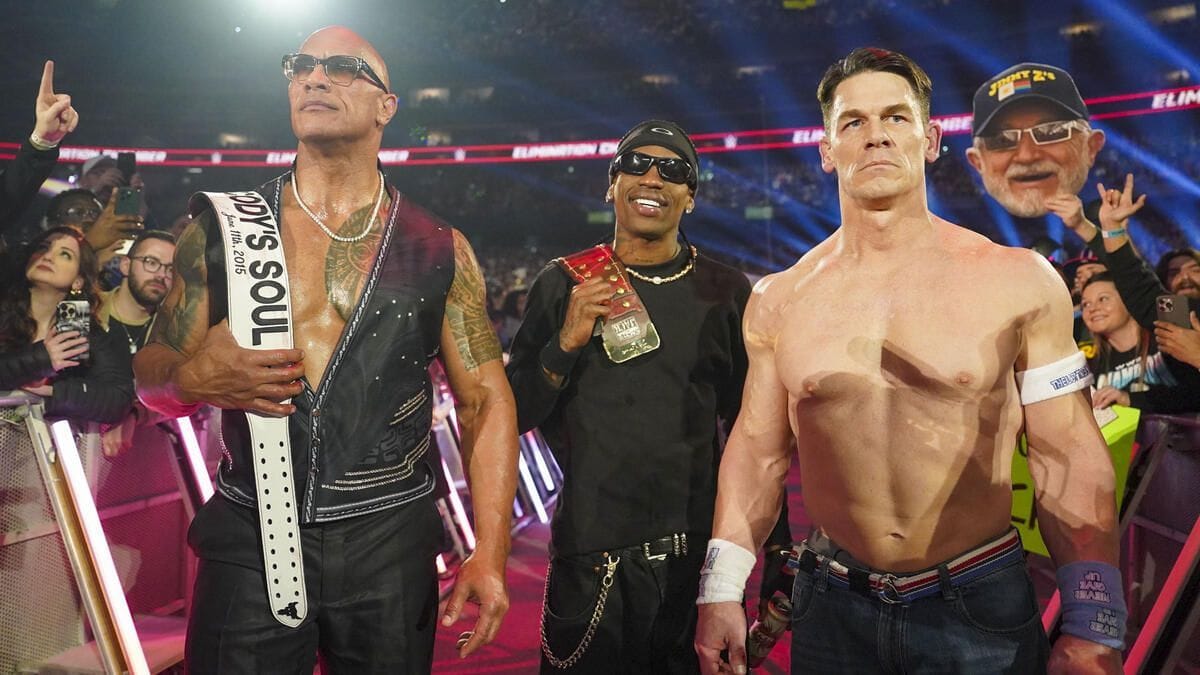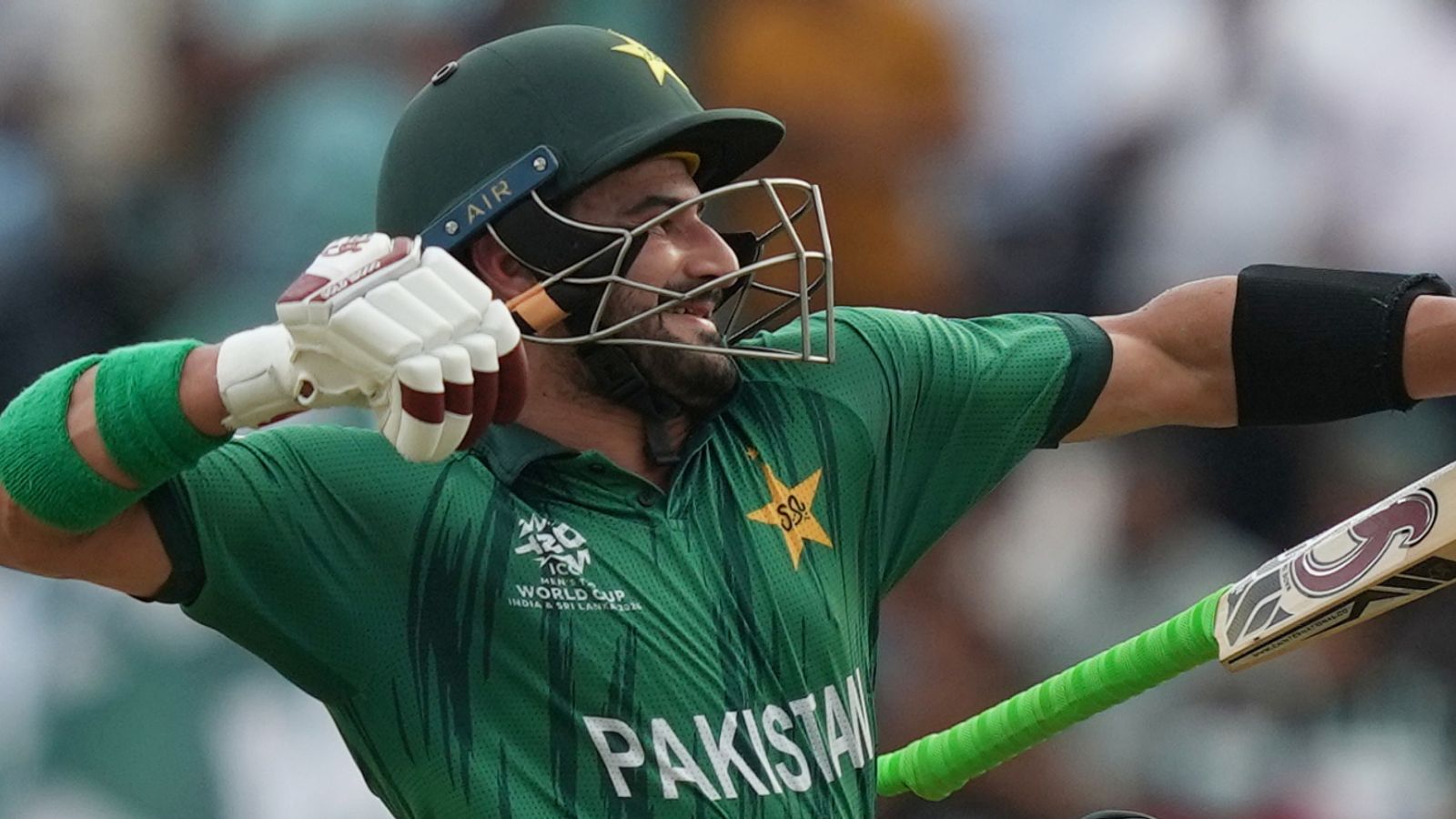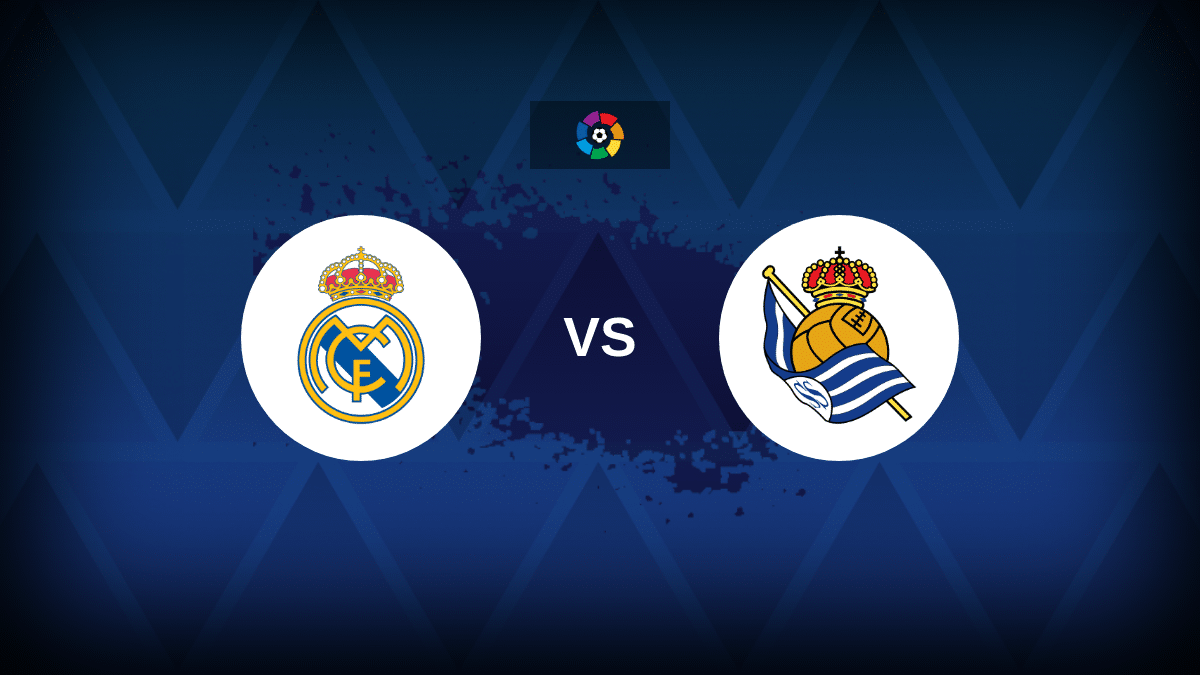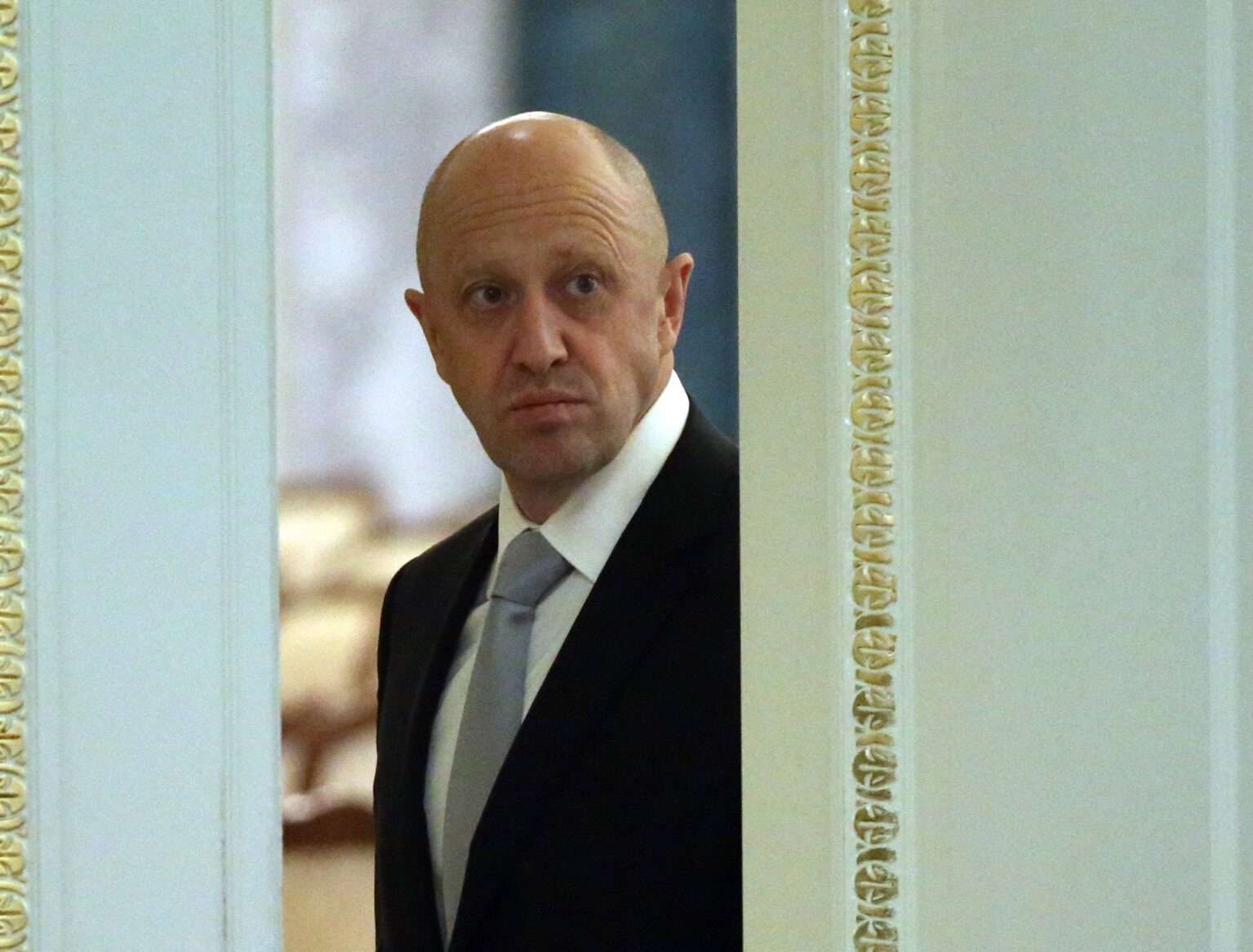For more than 20 years, fans of college sports like softball, baseball, women’s basketball and more than two dozen others have known just where to find N.C.A.A. championships — on ESPN’s spectrum of channels.
The arrangement has worked well for both parties: The N.C.A.A. ensured that its top athletes would perform on a national stage, and ESPN added hundreds of hours of live programming to a college sports portfolio that is anchored by college football and men’s basketball games.
A sign of how comfortable the N.C.A.A. and ESPN were with their partnership came in 2011, when they agreed to a 13-year, $500 million renewal without the N.C.A.A.’s ever taking the rights to market.
Now, though, with that deal set to expire in a year, it is increasingly likely that the next media rights deal for those 31 championships will look much different from the current one, which has been widely criticized as undervalued — particularly for its marquee event, the Division I women’s basketball tournament.
Addressing the upcoming negotiations, Charlie Baker, who took office as the new N.C.A.A. president in March, pointedly acknowledged last week at a symposium on college sports that “we dramatically underperform across a whole bunch of other revenue-raising opportunities.”
The increase in interest in women’s basketball has amplified pressure on the N.C.A.A. to sell those tournament rights by themselves rather than in a bundle with other championships. Doing so could fetch about $100 million annually, according to one analyst. Such an unbundling, though, could risk leaving other sports on lower-profile platforms.
And while the women’s basketball tournament, coming off record-smashing attendance and television ratings, is heading to market at a seemingly opportune moment, the industry is in turmoil as broadcasters navigate a transition away from cable, which continues to bleed subscribers, and toward streaming platforms, which still have far smaller audiences.
There is much for the N.C.A.A. to consider. Have the interests changed at ESPN, whose parent company, Disney, is in the midst of slashing 7,000 jobs? What about at other networks, like CBS and NBC, which have fewer cable networks but do have fledgling streaming platforms? And might streaming-only companies like Apple, Amazon and YouTube, which have selectively begun to acquire sports rights, be players?
The N.C.A.A. declined to make Baker or any other official available for an interview, saying in a statement that it “is open to any and all new and creative ideas — including potentially having stand-alone contracts — to generate revenue to support student-athletes and continue to grow all sports, including women’s basketball.”
The N.C.A.A. has hired Endeavor, a global sports media company, to help develop its strategy for negotiations, which have not yet begun. Baker has said he expects a rights deal to be completed around the end of the year.
“The N.C.A.A. is a very political organization, and you’re living in a different world of politics than you were 10, 15, 20 years ago when these deals got struck,” said Chris Bevilacqua, a sports media analyst who previously advised the N.C.A.A. on media rights. “There are 500,000 N.C.A.A. student-athletes, and half are women, so there’s going to be a lot of political pressure to architect something that is consistent with that narrative of investing in women’s sports.”
That pressure stems from a 2021 N.C.A.A. basketball gender equity review, which was commissioned after widespread disparities were identified between the N.C.A.A. men’s and women’s basketball tournaments during the pandemic.
In the report, Ed Desser, a sports media analyst, estimated then that if the rights to the women’s tournament were sold on their own, they could have fetched between $81 million and $112 million for the 2025 tournament.
ESPN paid close to $50 million for the 31 championships this year, including the women’s basketball title game, which drew a record 9.9 million viewers on ABC.
“The value has only increased” since his estimate two years ago, Desser said in an interview. He cited not only the increase in attention for the women’s tournament, but increasing interest in professional women’s basketball and soccer leagues.
Still, the surge in interest in women’s sports has not necessarily translated to a boom in rights fees. In soccer, for example, FIFA’s president, Gianni Infantino, threatened blackouts in several European countries of games from this summer’s Women’s World Cup before a deal was struck this week. Broadcasters were hesitant to meet FIFA’s asking price for the games, which were being sold as stand-alone properties for the first time. Previously, they were bundled with the rights to the men’s World Cup.
Women’s basketball history over the last 30 years has been dotted with spikes and plateaus. The rise of Connecticut as a foil to Tennessee dovetailed into the 1996 Olympics in Atlanta, where the United States romped to the gold medal, a dominant run that helped start the N.B.A.-backed W.N.B.A. a year later.
By 2012, interest in the college sport had stagnated to the point that the N.C.A.A. commissioned Val Ackerman, the first president of the W.N.B.A., to study how to bolster interest in the game.
During the pandemic, as many sports were shut down, the murder of George Floyd prompted a wave of social activism in the United States. The W.N.B.A. and women’s college basketball leaned into that, and among other causes they questioned the many differences with the men’s versions of their sports, including the inequitable weight rooms (and coronavirus tests) during the 2021 men’s and women’s N.C.A.A. tournaments. More recently, another cause arrived: the detention of the W.N.B.A. star Brittney Griner in Russia.
All this happened amid the loosening of N.C.A.A. rules prohibiting athletes from signing endorsement deals. That amplified the personalities of the top college women’s players, who, unlike the men, are not allowed entry into the W.N.B.A. until they turn 22 (in their draft year) or graduate from college. In recent years, players like Sabrina Ionescu, Paige Bueckers, Aliyah Boston and Caitlin Clark became nationally known.
“We said it might take a generation” to gain a foothold, Ackerman said of the start of the W.N.B.A. “Now, the question for me is can this vibe be taken advantage of commercially? Will there be more tickets at higher prices? Will sponsors be paying higher rights fees? That’s the test here. That’s what’s being put to market.”
This is, however, a complicated time to go to market.
Even though cable subscriptions continue to plummet and nascent streaming platforms continue to build subscriber bases, there remain far more cable viewers than streaming viewers. (ESPN is in 72.5 million homes this month, according to Nielsen; ESPN+ has 25.3 million subscribers, a spokesman said.)
Such uncertainty is likely to shorten any N.C.A.A. deals.
Mike Aresco, the commissioner of the American Athletic Conference and a former CBS and ESPN executive, said media companies had generally preferred contracts of a decade or longer so they could focus on building up the telecasts instead of renegotiating the rights.
But lengthy deals have left the Pac-12 and Atlantic Coast conferences far behind the Big Ten, whose decision in 2017 to renew its media rights for just six years set it up for a seven-year, nearly $7 billion deal that begins this football season. It is also difficult to predict what the streaming and cable worlds will look like in five years, let alone 10.
“Everybody is rethinking how far out we’ll go,” Aresco said. “It’s not an exact science. In fact, it’s probably more art than science.”
Even if the money ends up in the same place — eventually wending its way back to colleges’ coffers — conference media rights deals are fundamentally different from what the N.C.A.A. will be selling. A conference agreement extends over the course of a season, while the N.C.A.A. is selling playoffs or championship events, which are condensed into a matter of days or weeks.
The women’s basketball tournament also has another attractive selling point: It runs for three weeks in March and early April, a window in which most broadcasters are craving content. There is little else between the Super Bowl in mid-February and the Masters golf tournament and the start of the pro basketball and hockey playoffs in mid-April except the basketball tournaments. The rights for the men’s tournament are owned by CBS and Turner.
“The women’s basketball tournament is the top-rated event on ESPN between mid-February and mid-April,” Desser said. “That matters, especially in a world where monthly subscriptions are increasingly in vogue. People didn’t used to disconnect month to month, but now you have to have something that’s competitive to stay in the decision set.”
The upcoming negotiations will be different from those of a professional sports league, the increasingly professional nature of college sports notwithstanding.
The N.F.L., for example, might be expected to extract every last dollar from a deal. The N.C.A.A., even with Baker’s insistence that the governing body must get better at increasing revenue, will have other considerations.
“It’s a principle-based conversation,” said Julie Roe Lach, the commissioner of the Horizon League and a member of the N.C.A.A. women’s basketball oversight committee. “It can’t just be monetary. It can’t be as simple as which network is going to give the most money. There has to be a genuine commitment to grow the game.”
In an era where athletes can make money from endorsements, she added, such growth might come in the way a broadcaster can help athletes reach a broader audience through mediums other than television.
Roe Lach is among those who believe that unbundling women’s basketball would provide opportunities for other sports to grow on their own.
Perhaps the college baseball World Series might be attractive to the M.L.B. Network, or another network might get behind a niche sport the way the SEC Network has with its Friday night broadcasts of gymnastics that have heightened the sport’s popularity in the South.
Julie Cromer, the athletic director at Ohio University and a co-chair of the committee that rewrote the N.C.A.A.’s constitution last year, believes Olympic sports are natural candidates to have their profiles elevated. She pointed to her time at Arkansas, where the university’s indoor track and field team drew several thousand fans for its home meets, which prompted the university to livestream its events.
The N.C.A.A., she said, could act as an incubator.
A lot of these sports have a dedicated fan base, and getting the product to that fan base doesn’t always have to be accomplished through linear broadcasts,” Cromer said.
One such sport would be lacrosse. Far down the sporting food chain, it has an anchor in the Northeast, but a decades-long push westward has been slow. When ESPN broadcast the men’s and women’s championships back to back on Memorial Day, it lent a big-time air to the event.
“Lacrosse has been searching for that for a long time,” said Joe Spallina, the women’s coach at Stony Brook University, whose regular-season game with top-ranked Syracuse was shown on ESPNU. “That’s one of the problems with growing sports — everyone wants to get to the top immediately.”















